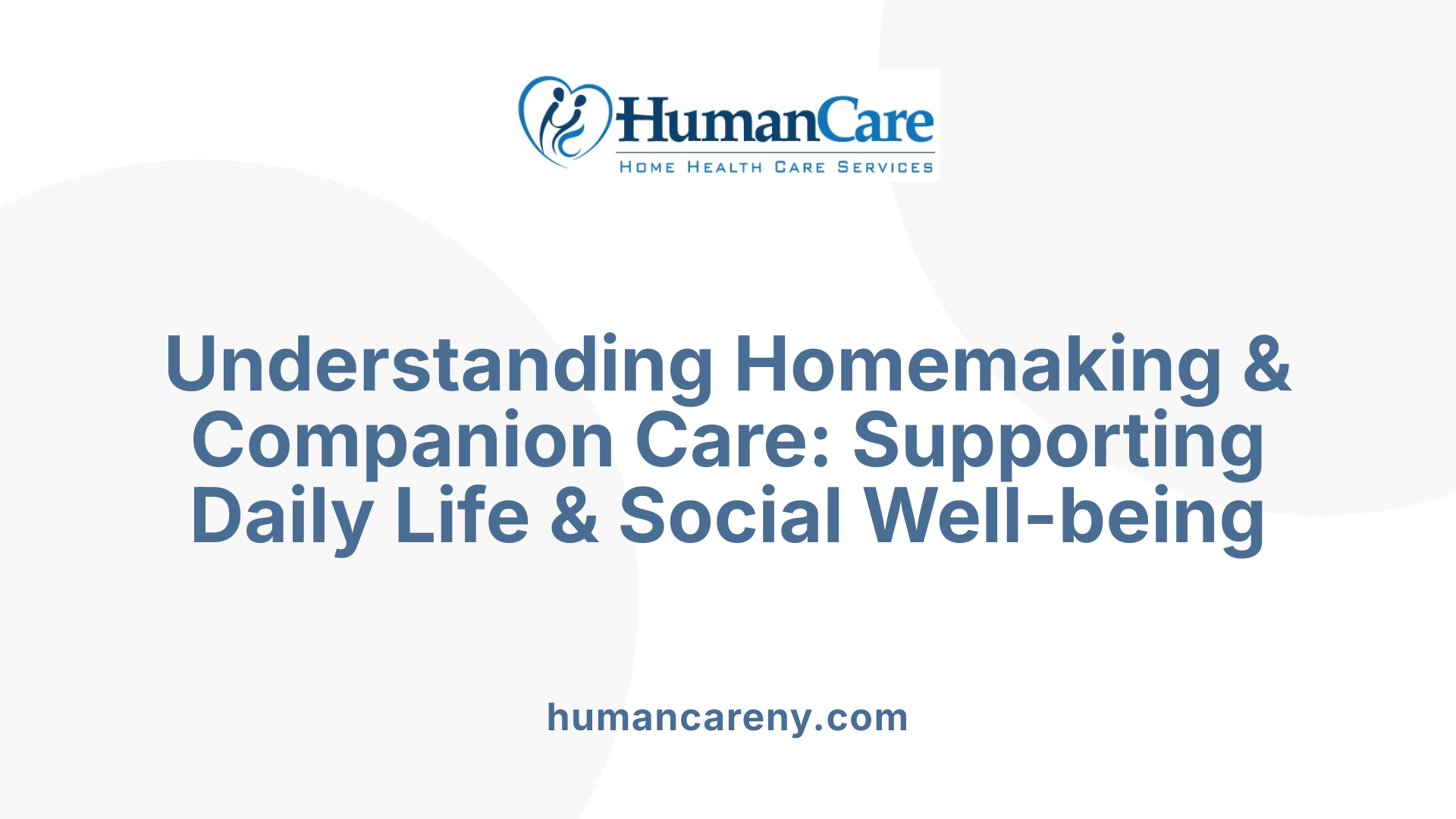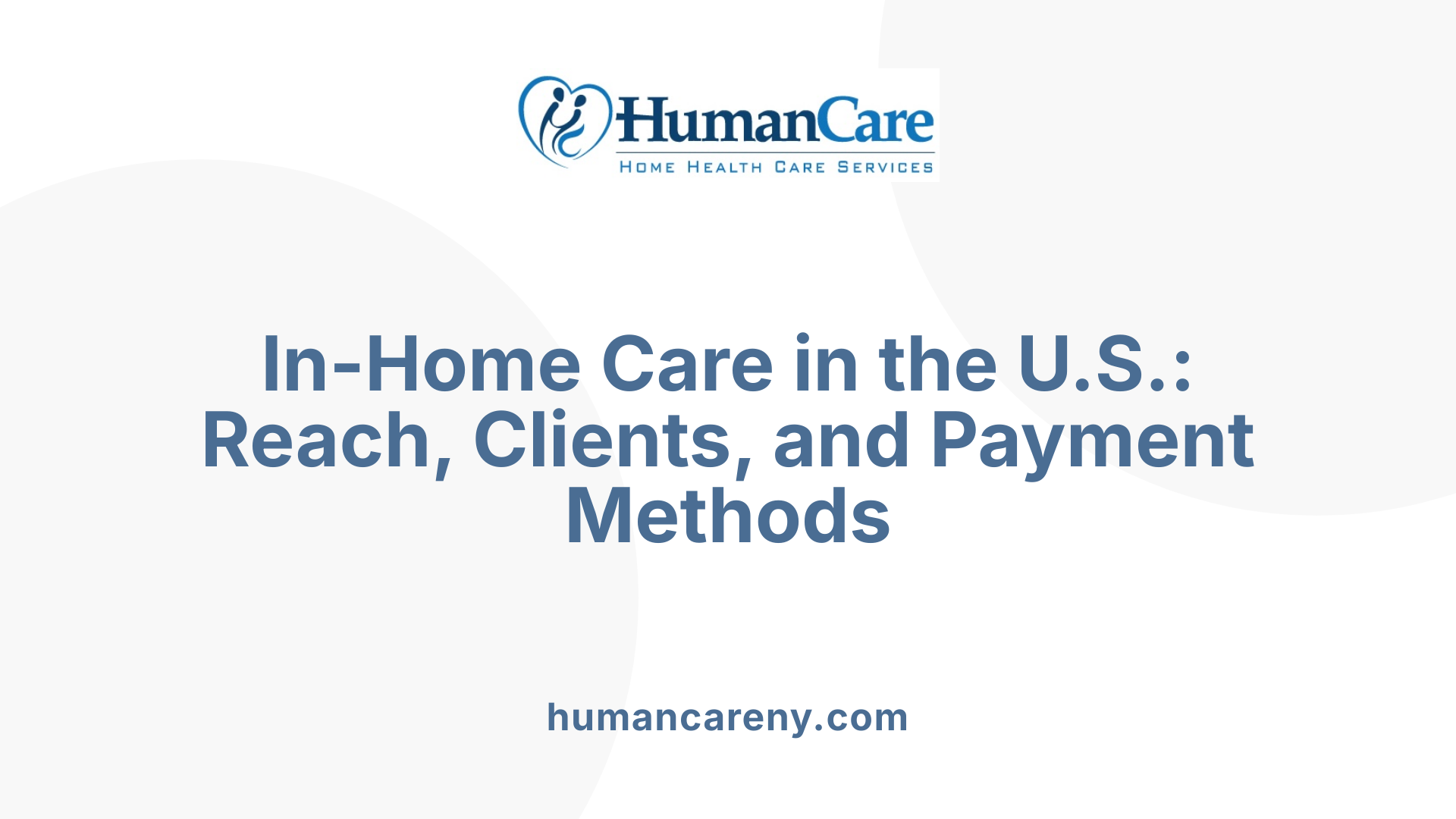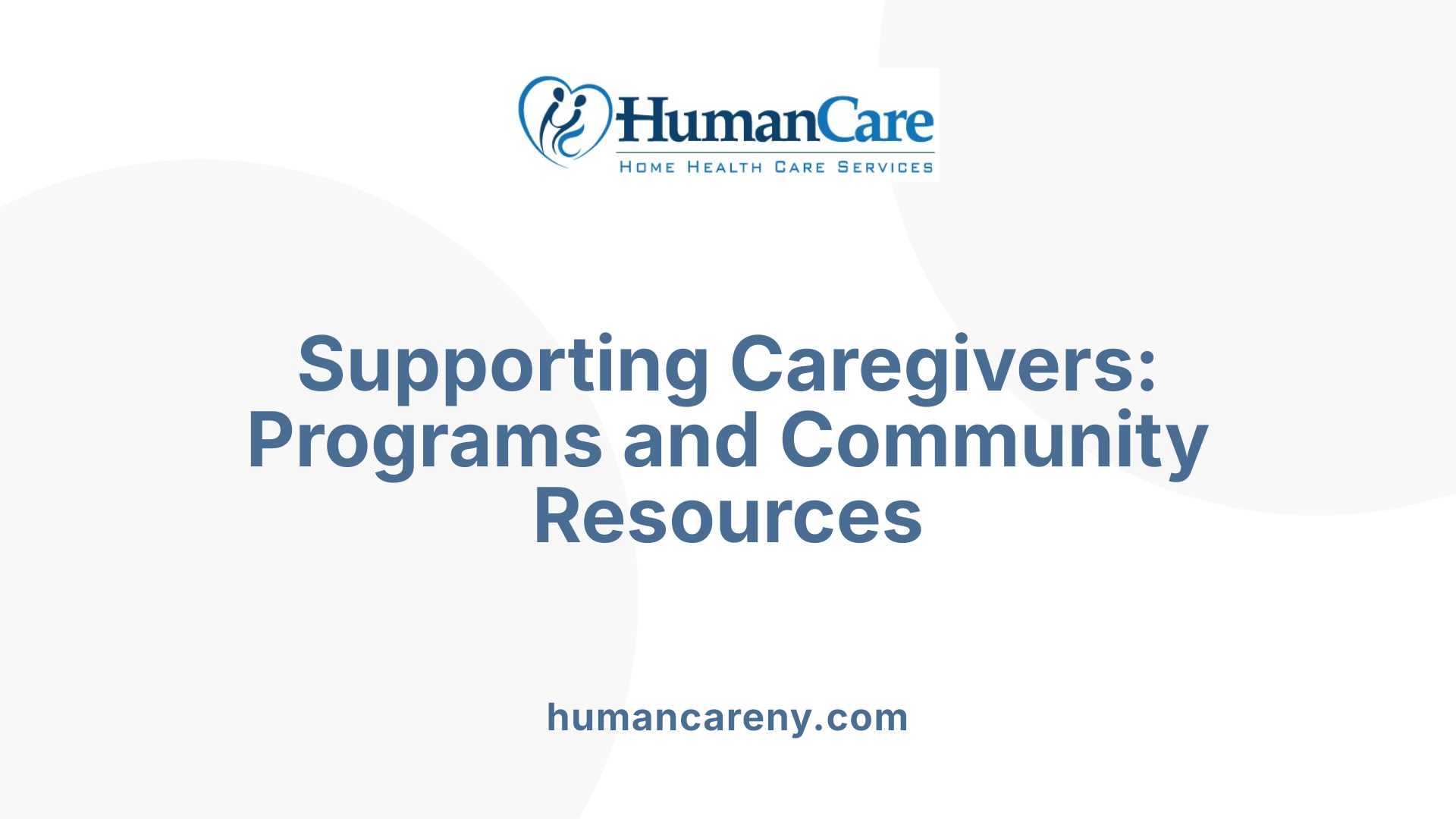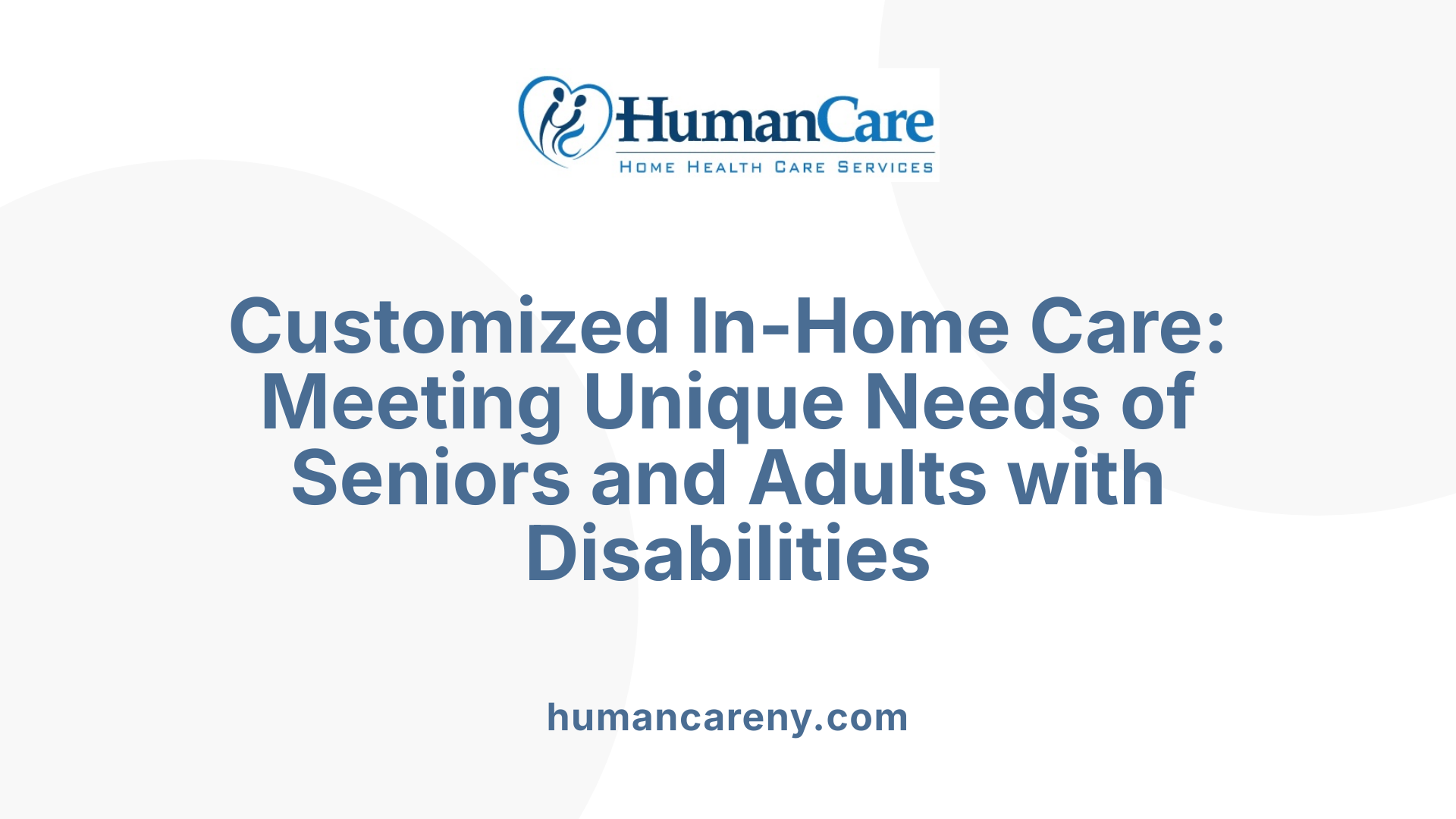Exploring the Essentials of In-Home Caregiving
As the population ages, understanding the variety and scope of in-home care services becomes increasingly important for families seeking to support elderly or disabled loved ones. Homemaking and companion care services play vital roles in maintaining independence and quality of life for many individuals who require assistance at home. This article delves into these services, highlighting their functions, funding, and how they complement broader home health care programs.
Defining Homemaking and Companion Care Services

What are homemaking and companion care services?
Homemaking and companion care services provide non-medical support to individuals in their homes, focusing on daily living tasks and social interaction. Homemakers typically assist with housekeeping chores such as laundry, meal preparation, shopping, and running errands. They can also help with transportation and general household maintenance to create a safer, more comfortable living environment.
Companions, while similar in some respects, mainly focus on social engagement and basic support tasks. Their role emphasizes mental well-being by offering company, conversation, and assistance with light chores, often without hands-on physical care.
How do homemakers and companions differ from home health aides?
Unlike homemakers and companions, home health aides provide personal care services that include direct physical assistance. This can involve helping clients with grooming, dressing, mobility, and sometimes managing vital signs or administering medication with proper training. Home health aides blend companionship with essential healthcare tasks, making their role more clinically focused.
What typical tasks do homemaking and companion caregivers perform?
- Housekeeping (cleaning, laundry)
- Meal planning and preparation
- Shopping and running errands
- Transportation assistance
- Providing companionship and social interaction
- Basic support like arranging appointments or reminders
These services aim to support seniors and adults with disabilities living independently, enhancing their quality of life by alleviating everyday burdens without requiring medical care.
The Scope and Reach of In-Home Care Services in the U.S.

How widespread are home care services and who do they serve?
Home care services are extensive across the United States, with over 20,000 agencies delivering support to more than 7.6 million clients. These clients range widely and include elderly adults, individuals living with disabilities, people managing long-term health conditions, those affected by dementia, and terminally ill patients. The services provided cater to various levels of care needs, spanning from simple companionship and homemaking to more intricate personal care tasks.
How are homemaking and companion care services typically paid for?
Payments for caregiving services such as homemaking and companion care are primarily made through private funds or long-term care insurance plans. These services do not usually fall under Medicare or Medi-Cal coverage. Nevertheless, Medi-Cal does provide caregiving assistance through its In-Home Supportive Services program. Medicare also covers certain home health care services for eligible individuals, particularly those who require medical support following specific eligibility requirements.
Overview of Client Types and Service Coverage
| Client Type | Services Provided | Payment Methods |
|---|---|---|
| Elderly individuals | Companionship, personal care, homemaking | Private funds, long-term care insurance |
| People with disabilities | Assistance with daily activities | Medi-Cal In-Home Supportive Services |
| Chronic condition patients | Skilled nursing, therapy services | Medicare (if criteria met) |
This structure helps ensure tailored care that fits individual client needs while clarifying the expected financial responsibility for families and caregivers.
Medicare and Medi-Cal: Coverage of Home Health Services vs Homemaking Care

What does Medicare cover in terms of in-home care?
Medicare primarily covers home health services for patients who are considered homebound. To qualify, a patient must find it difficult or inadvisable to leave their home due to illness or injury. Covered services include skilled nursing, physical therapy, occupational therapy, speech therapy, medical social services, and home health aide care. However, Medicare limits the home health aide services to part-time or intermittent skilled care, usually up to 8 hours per day and 28 hours per week.
Importantly, Medicare does not pay for 24-hour care, homemaker services that are unrelated to medical care, or custodial care when it is the sole service needed. Patients typically pay nothing for covered services but may be responsible for 20% of the Medicare-approved amount after meeting the Part B deductible. Moreover, a healthcare provider must assess the patient face-to-face before certifying the need for home health care, and services must be physician-ordered.
How does Medi-Cal support caregiving at home?
Medi-Cal offers caregiving support through its In-Home Supportive Services (IHSS) program. This program helps eligible individuals pay for caregiving, which can include homemaking and other forms of personal care support not covered by Medicare. Unlike Medicare’s more limited coverage, Medi-Cal may fund services that assist with daily living activities and household tasks, making it a vital resource for low-income elders and disabled adults.
What are the typical costs for homemaking and companion care services?
Home care agencies generally charge between $16 and $22 per hour for homemaking and companion care services. Many require a minimum of four hours per day. Live-in caregivers provide extended care — usually 18 hours of service with 6 hours of rest daily.
These homemaking and companion services, which include meal preparation, housekeeping, errands, and companionship, are typically paid for privately or through long-term care insurance. Medicare does not cover these services unless combined with skilled home health care for specific medical needs.
Key Differences Between Home Health Care and Homemaking Services
| Service Type | Coverage | Typical Services Offered | Payment Sources |
|---|---|---|---|
| Home Health Care | Medicare (if qualifies) | Skilled nursing, therapy, medical social work | Medicare, private insurance, patient |
| Homemaking/Companion | Medi-Cal (via IHSS), private | Meal prep, housekeeping, errands, companionship | Private pay, Medi-Cal, private insurance |
| Live-in Caregivers | Private pay | 24-hour care with scheduled rest periods | Private pay only |
This breakdown highlights how Medicare covers medically-oriented, skilled care for homebound patients. In contrast, Medi-Cal and private funds provide broader support for daily living and personal care needs.
Understanding these differences enables families and caregivers to navigate the available resources effectively and choose the best care option for their loved ones.
Programs Supporting Caregivers and Coordinated Services

What programs assist informal caregivers and coordinate elder care?
The California Department of Aging works closely with local Area Agencies on Aging (AAA) to deliver coordinated services that support older adults, adults with disabilities, and their caregivers. These agencies serve as hubs that connect individuals with essential services such as respite care, which gives caregivers temporary relief, along with training sessions that help caregivers gain valuable skills.
Role of Area Agencies on Aging (AAA)
AAAs play a vital role by linking individuals and families to comprehensive resources addressing legal, housing, and medical elements related to elder care. They ensure that caregivers and older adults receive personalized assistance based on their unique situations.
Family Caregiver Services program
This program focuses on informal caregivers—often family members or friends caring for loved ones aged 60 or older, or those with Alzheimer’s or similar conditions, regardless of age. It provides both respite care and caregiver training designed to ease the burdens of caregiving and enhance the quality of life for those receiving care.
Through these coordinated efforts, caregivers receive targeted help to lighten their load and improve care outcomes, complementing the work of home health agencies and in-home care providers. This integrated approach offers a comprehensive support system for families managing elder care.
Tailoring In-Home Care to Individual Needs

How do agencies determine the appropriate level of in-home care?
Home health agencies begin by conducting thorough assessments to evaluate the specific needs of patients and their families. This assessment helps determine whether basic homemaking and companion services are adequate or if the involvement of a home health aide trained to provide personal care is required.
Combining homemaking and home health aide services
The services of homemaker companions and home health aides are flexible and can be combined seamlessly. Homemaker companions primarily offer basic support such as companionship, meal preparation, errands, and light housekeeping without direct physical contact. Home health aides build upon this by providing more intensive personal care, including assistance with showering, dressing, mobility, vital sign monitoring, and medication administration when properly trained.
Customization based on health status
In-home care is tailored according to the senior’s health condition and personal requirements. For those needing minimal support, companionship and homemaking tasks may suffice. For individuals with advanced needs, comprehensive care involving assistance with activities of daily living and specialized health support is provided. This customized approach ensures that seniors receive appropriate, effective care that enhances their quality of life while addressing their unique challenges.
The Essential Role of Homemaking and Companion Care in Home Health
Homemaking and companion care services are foundational components of in-home care, offering critical support that helps seniors and individuals with disabilities maintain independence and quality of life. While distinct from skilled home health services covered by Medicare, these non-medical supports are indispensable for many families. Through coordinated programs, agency assessments, and tailored plans, homemakers and companions provide invaluable assistance—from housekeeping and errands to friendship and personal care. Understanding the structure, coverage, and options for these services empowers families to make informed choices that best meet their loved ones’ needs in the comfort of home.



